Engaging Iran
There could be a lot more to bilateral ties with Iran than just the gas pipeline project
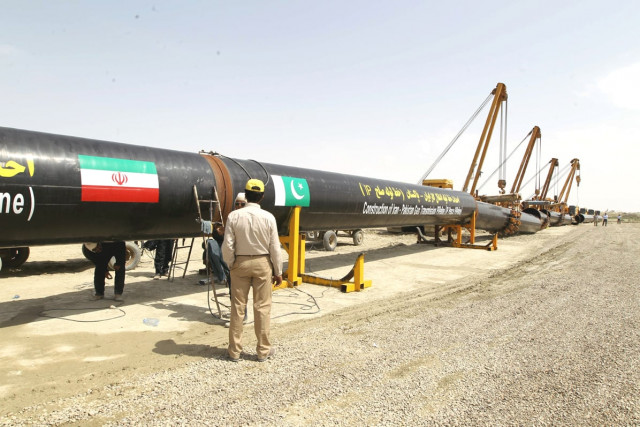
Pakistan must start focusing on its southwestern neighbour immediately instead of waiting for economic sanctions on Iran to be lifted next year. PHOTO: AFP

Given recent developments vis-a-vis the Iran nuclear deal, the diplomatic lethargy displayed by Pakistan comes as a surprise. While Prime Minister Nawaz Sharif met his counterparts from Russia, China, Afghanistan and India on the sidelines of Shanghai Cooperation Organisation summit recently, the one meeting that did not take place and should have, was with Iranian President Hassan Rouhani. Pakistan must start focusing on its southwestern neighbour immediately instead of waiting for economic sanctions on Iran to be lifted next year. Groundwork for improving economic ties, especially when it comes to meeting our energy needs, must start right away before Pakistan is left behind in the race to invest in that country. While taking lessons from history and exercising required diplomatic caution, Pakistan could take the logical route to developing ties with Iran in the wake of the sanction-lift and explore opportunities for investment and exploration of natural resources. We should go beyond the gas pipeline project and develop other meaningful and profitable business ventures. But that would only happen if Pakistan rids itself of diplomatic lethargy, and approaches Iran in a positive manner to work for mutual benefit. If certain quarters in the country hold that there is only limited scope for a mutually beneficial relationship with Iran, then they are sadly mistaken. There could be a lot more to bilateral ties with Iran than just the gas pipeline project.
Published in The Express Tribune, July 27th, 2015.
Like Opinion & Editorial on Facebook, follow @ETOpEd on Twitter to receive all updates on all our daily pieces.


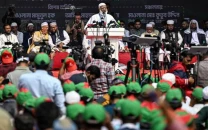
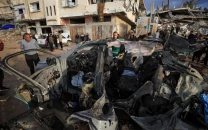
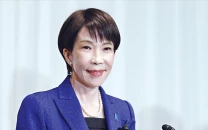
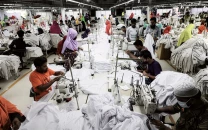













COMMENTS
Comments are moderated and generally will be posted if they are on-topic and not abusive.
For more information, please see our Comments FAQ